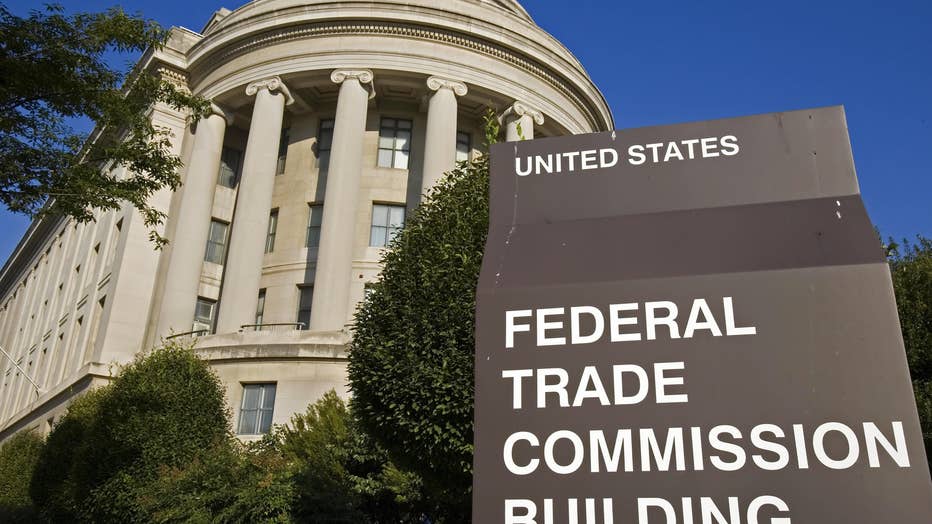FTC's noncompete ban unlikely to go into effect any time soon, attorney says

FTC noncompete ban unlikely to go into effect soon
The FTC passed a potential seismic change for workers earlier this week, banning noncompete clauses. Experts who spoke to FOX 4 says the vote is just the beginning of a much larger fight.
The Federal Trade Commission voted this week to ban noncompete agreements.
Employees who sign the contracts can't go to work for a direct competitor after quitting.
The FTC chairwoman says the change will create more competition and better wages for employees.
"I think the development that happened has a potentially titanic or seismic, change for relationships between employers and workers," said Laura O'Donnell, a labor attorney for Haynes Boone.
Tuesday's 3-2 vote could have significant implications, but O'Donnell says it is unlikely to be enforced anytime soon. She also says the U.S. Supreme Court will likely weigh in.

Washington, UNITED STATES: The US Federal Trade Commission (FTC) building is seen 19 September 2006 in Washington, DC. US President Woodrow Wilson signed the FTC Act into law on 26 September 1914. (PAUL J. RICHARDS/AFP via Getty Images)
RELATED: Supreme Court makes it easier to sue employers for job transfers
"The Supreme Court has said, hey, agencies, you have got to stay in your lane. This whole overbreadth is overreaching. We're not going to allow it. And that will be the major challenge to this," O'Donnell said.
The FTC says 30 million people, about 1 in 5 workers, are subject to a noncompete agreement.
Supporters of the change claimed those agreements harm workers by reducing the ability to switch jobs for higher pay.
The clause spans multiple career fields, from casino workers to doctors and journalists.
RELATED: Here's how much you need to make to be considered middle class in Texas
"One of the huge things about this rule is not just invalidating noncompete agreements going forward, but invalidating noncompete agreements that currently exist and requiring companies to give notice to employees to almost all employees or workers that, hey, your noncompete is not enforceable," said O'Donnell.
The rule would not apply to people who work at nonprofit organizations.
There is a four-month window before it can be enforced, unless it is blocked by legal challenges.
If you are thinking about making a change soon because of the ban, O'Donnell says don't hold your breath.
"My gut tells me it is not going into effect any time soon. My gut tells me it will be challenged. It will be enjoined. It will ultimately go to the U.S. Supreme Court who will ultimately make the decision," said O'Donnell.
O'Donnell says the presidential election can also impact this ban. She believes if Donald Trump wins this November's election, the ban could be blocked before it goes through the court process.

